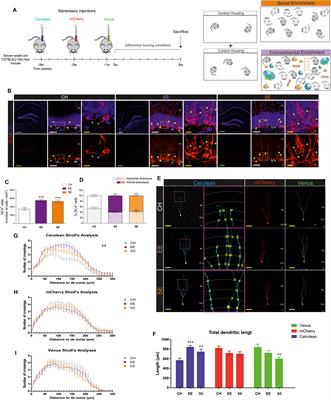EDITORIAL
Published on 21 Jul 2020
Editorial: Generation of Neurons and Their Integration in Pre-existing Circuits in the Postnatal Brain: Signalling in Physiological and Regenerative Contexts
doi 10.3389/fcell.2020.00560
- 1,418 views
18k
Total downloads
81k
Total views and downloads
Select the journal/section where you want your idea to be submitted:
EDITORIAL
Published on 21 Jul 2020
ORIGINAL RESEARCH
Published on 26 Feb 2020

ORIGINAL RESEARCH
Published on 20 Aug 2019

MINI REVIEW
Published on 12 Jun 2019

ORIGINAL RESEARCH
Published on 06 Jun 2019

MINI REVIEW
Published on 04 Jun 2019

BRIEF RESEARCH REPORT
Published on 26 Apr 2019

ORIGINAL RESEARCH
Published on 26 Apr 2019

REVIEW
Published on 24 Apr 2019

REVIEW
Published on 16 Apr 2019

MINI REVIEW
Published on 20 Mar 2019

REVIEW
Published on 05 Mar 2019


Frontiers in Genetics